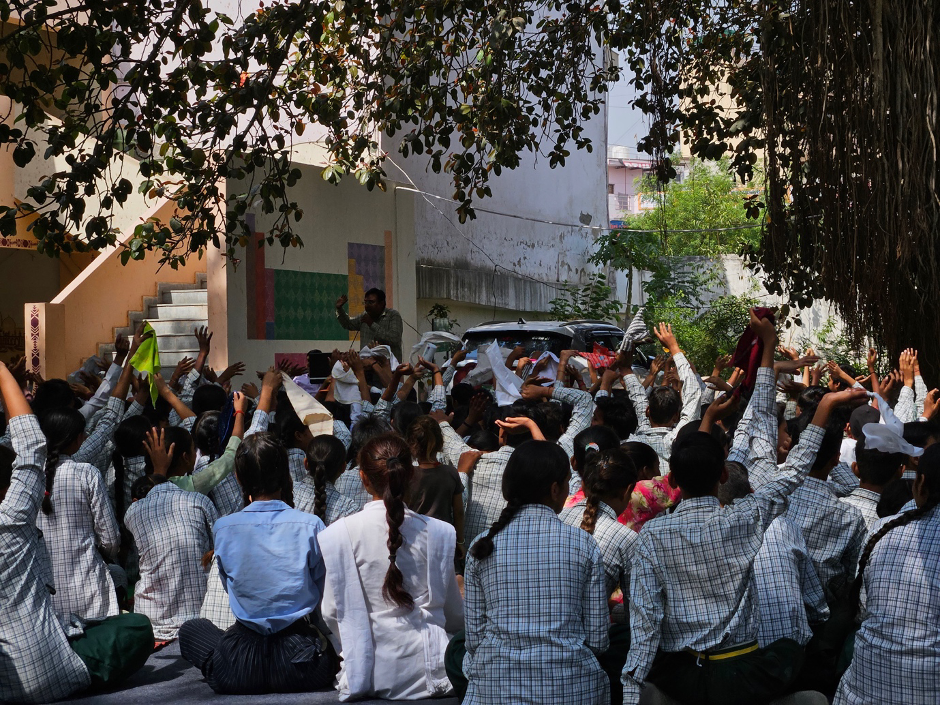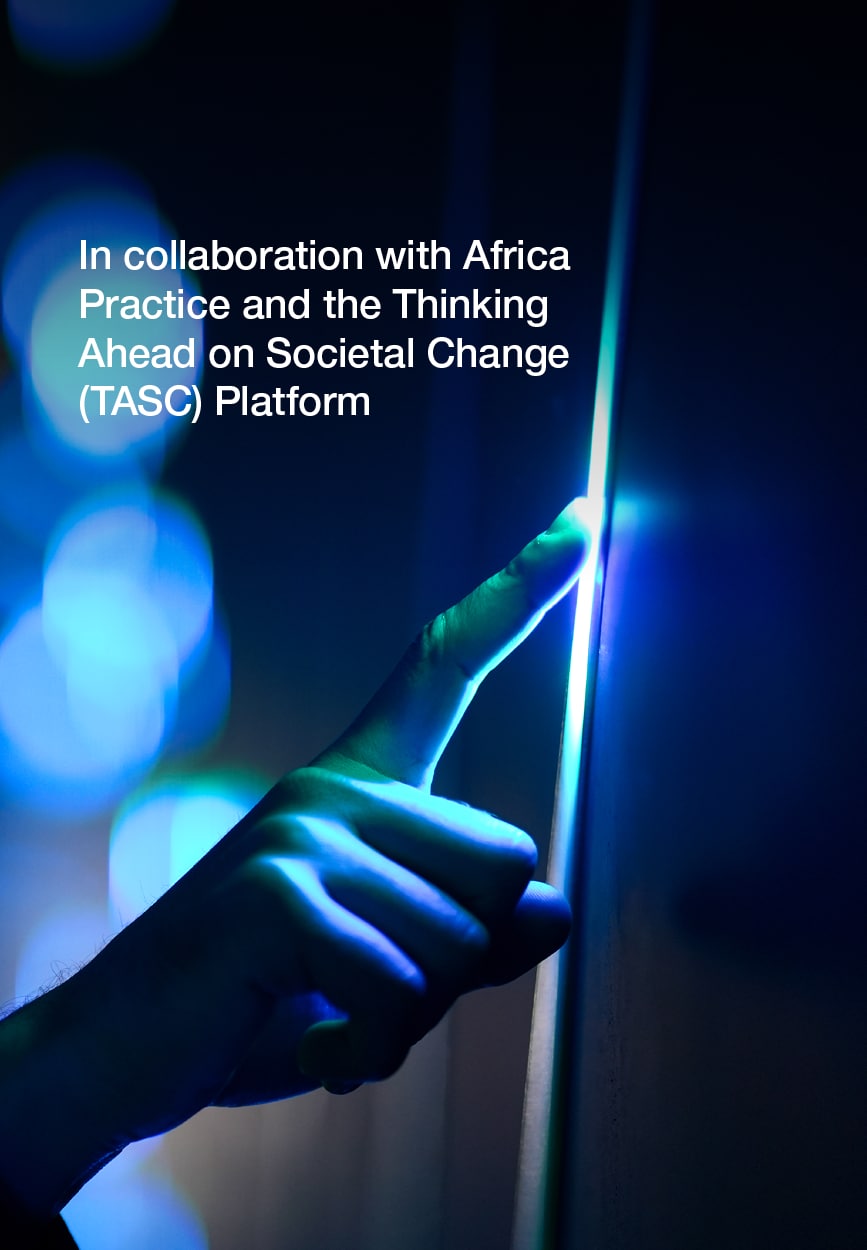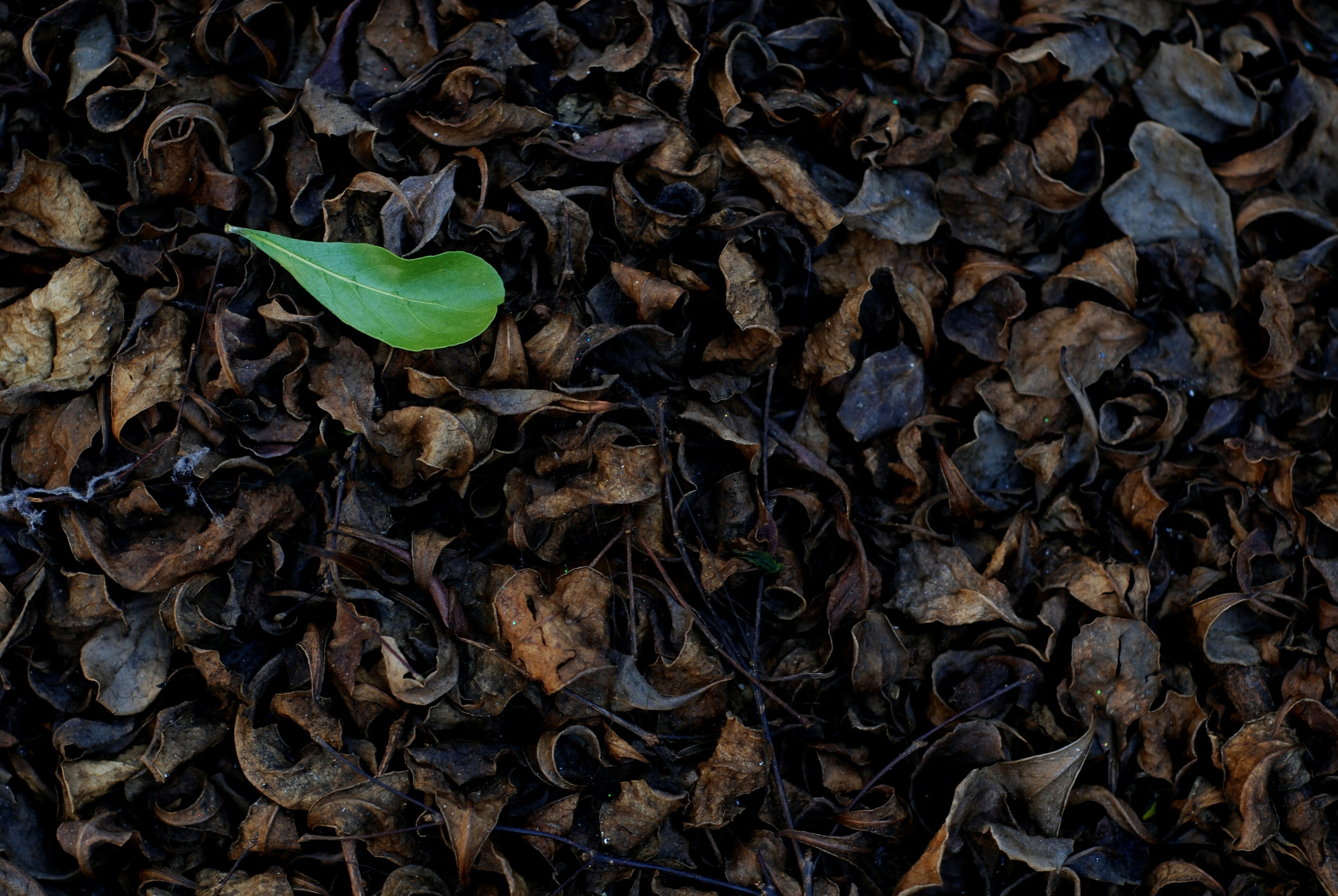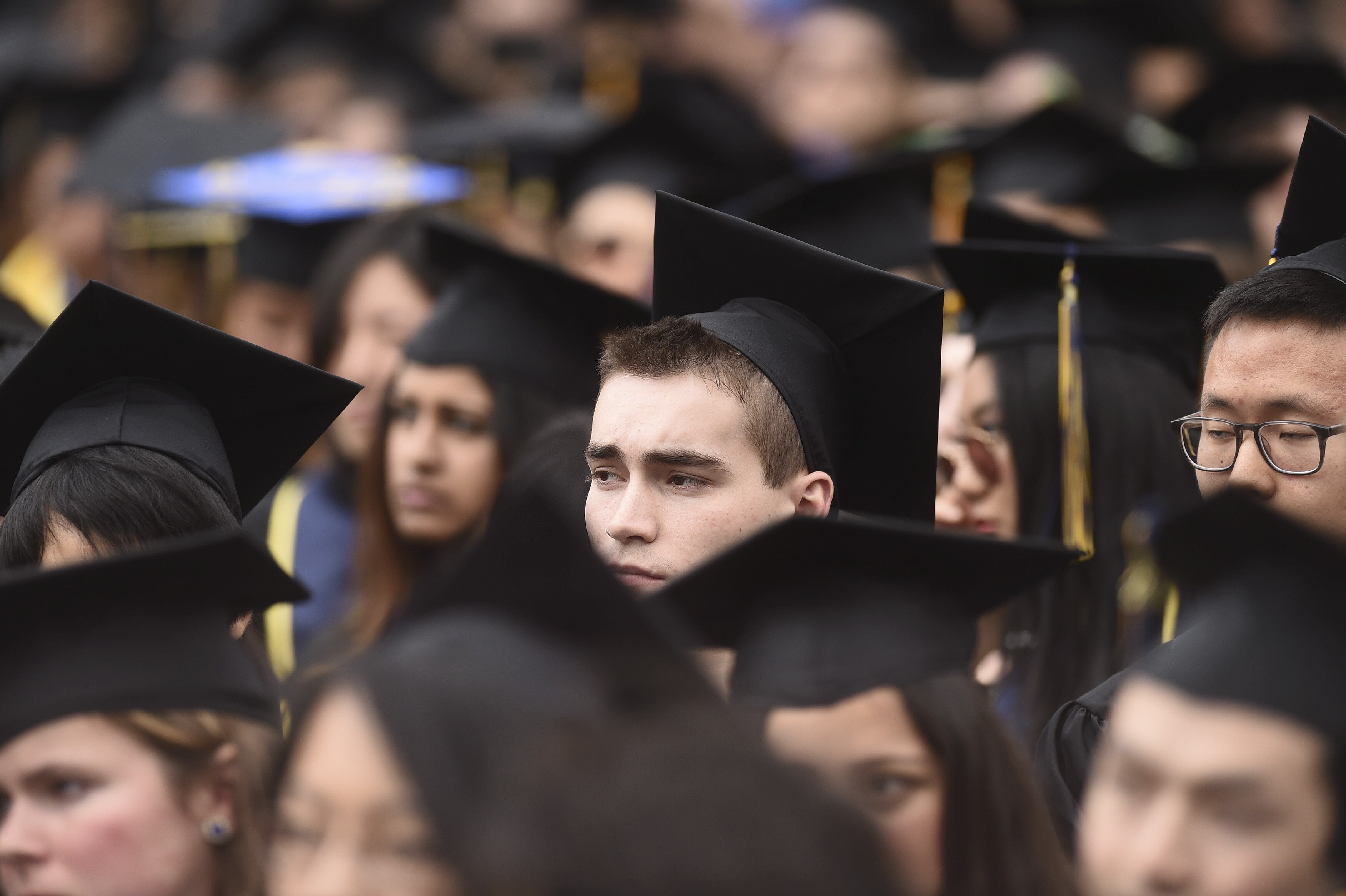The first global women's disability award aims to break stereotypes

A competitor waits backstage during Miss Wheelchair India, the country's first wheelchair beauty pageant
Image: REUTERS/Danish Siddiqui
Stay up to date:
Global Health
The first global award recognizing the achievements of women with disabilities aims to break through stereotypes to show their skills as leaders and problem solvers, its founder said on Monday.
A filmmaker, a political campaigner and a public health expert were named the first winners of the Her Abilities awards, which were announced to coincide with World Disability Day.
Its founder, Ethiopian campaigner Yetnebersh Nigussie, said she wanted to put a spotlight on disabled women's achievements to combat the idea that they are passive victims.
"We really wanted to change that image and cherish their abilities and their victories," Nigussie, who lost her sight at age five, told the Thomson Reuters Foundation.
"In order to change things, people need to really see our abilities and our problem-solving skills that we have developed through life by overcoming attitudinal as well as physical and policy barriers everywhere."
More than a billion people - about 15 percent of the world's population - have some form of disability, according to the World Health Organization.
Women with disabilities have been recognized as doubly vulnerable by experts, who say they face additional barriers.
The first winners of the awards, which were set up by Nigussie and the global disability organisation Light for the World, all came from the developing world.
They included Toyin Janet Aderemi, the first Nigerian wheelchair-user to study and practise pharmacy, who was recognised for her work on disability-inclusive health and as a lobbyist for disability rights.
She lost the ability to walk due to a childhood bout of polio and had to be carried on her mother's back until she got her first wheelchair at age 15.
"Winning this award showcases what is possible and how society starts to benefit when you are able to educate a girl child with a disability," said Aderemi.
"Attitudes are changing but very slowly ... We are just starting to educate our people to rid their minds of the misconceptions they have about disability."
Ashrafun Nahar, who founded the Women with Disabilities Development Foundation in Bangladesh, won in the rights award category for her campaigns for inclusive policy and equal opportunities in education and work.
The arts winner was Zambian film-maker Musola Cathrine Kaseketi, who suffered paralysis to a leg in childhood and now works to highlight social issues affecting women with disabilities both through her films and education work.
Don't miss any update on this topic
Create a free account and access your personalized content collection with our latest publications and analyses.
License and Republishing
World Economic Forum articles may be republished in accordance with the Creative Commons Attribution-NonCommercial-NoDerivatives 4.0 International Public License, and in accordance with our Terms of Use.
The views expressed in this article are those of the author alone and not the World Economic Forum.
Forum Stories newsletter
Bringing you weekly curated insights and analysis on the global issues that matter.
More on Education and SkillsSee all
Mark Esposito and Ava Fitoussy
September 22, 2025
Naoko Tochibayashi
September 17, 2025
Shankar Keshav Prasad
September 15, 2025
Emilian Axinia
September 11, 2025
Alexander Shevchenko
September 4, 2025






